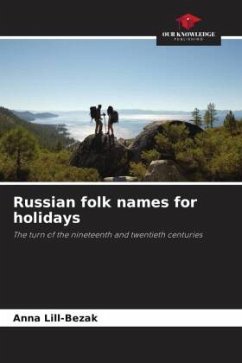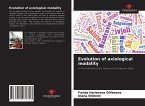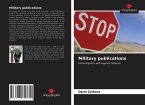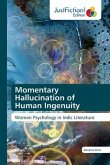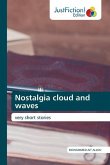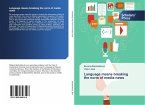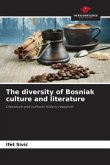In this monograph Russian folk holidays, pagan in origin, are considered in connection with the original beliefs of the Eastern Slavs, their agrarian activity, the processes of Christianization, as well as folk magic practices. The peculiarity and purpose of the pagan festivals depend on their constituent elements, which relate to rites of passage. The abundance of names of the festivals in dialects confirms the relevance of the festivals themselves, their pagan essence and their large concentration from the winter solstice to the autumnal equinox. However, the dialects do not reflect all, but only the most important holidays for the people. The book presents the dialects' variety, their semantics, morphological and syntactic structure, the ways of the folk word creation and the most widespread formants. The book is of interest to culturologists, ethnographers, religion scholars, linguists and all lovers of Russian culture.
Bitte wählen Sie Ihr Anliegen aus.
Rechnungen
Retourenschein anfordern
Bestellstatus
Storno

